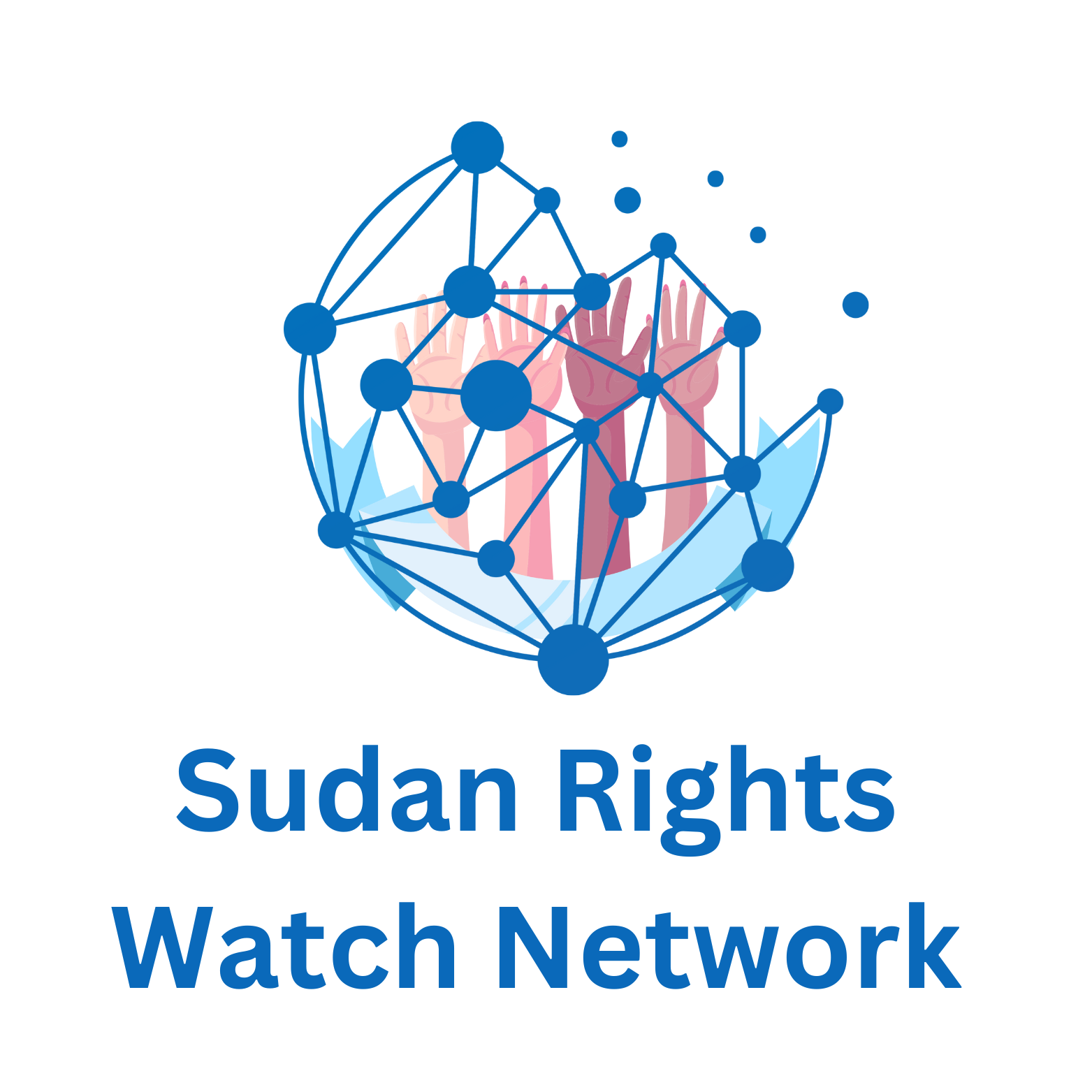This report is issued in the context of the ongoing conflict in Sudan since mid-April 2023, and the resulting widespread violations against civilians, ranging from intentional killing, looting, kidnapping, arbitrary arrest, and artillery and aerial bombardment. Their lives, security, and rights have become subject to escalating threats from the conflict parties. Civic space is also witnessing increasing militarization through the proliferation of military manifestations in markets, public streets, communication centers, and social gatherings, which undermines the civilian nature of daily life and increases the fragility of the security environment.
The crisis is exacerbated by the transgressions of the Rapid Support Forces (RSF) and the Taasis Alliance against citizens’ private property, including the forced exploitation of their commercial shops, as in the city of Nyala, reflecting a blatant violation of property rights. Additionally, citizens, particularly women, face direct threats in public spaces and a narrowing of freedom of expression, as well as the targeting of activists and actors in civil society and the humanitarian sector. The Sudan Rights Watch Network emphasizes that these policies are not limited to suppressing individuals but extend to undermining the societal structure and disrupting the roles of actors in humanitarian response, peacebuilding, and achieving justice.
On the political and social Lense, the report monitors practices of forced mobilization and alignment based on political, ethnic, or regional loyalty, practices that portend deepening internal division and tearing apart the country’s unity. As for the economic and living conditions aspect, citizens face continuous threats to their agricultural and commercial activities, placing food security and livelihoods at risk and increasing dependence on humanitarian aid. The situation is further complicated by the spread of epidemics and natural disasters resulting from heavy rains and floods, which have caused significant human and material losses and hinder the continuity of economic and social activities.
Based on the foregoing, the report calls for several crucial recommendations, most notably: stopping all targeting civilians, protecting private and public property, removing military manifestations from cities, and guaranteeing fundamental rights to freedom of expression and political participation. It also emphasizes the necessity of protecting economic and agricultural activities, enabling civil society and the humanitarian sector to perform their roles without obstruction, prioritizing education in social reconstruction efforts, and enhancing health and preventive interventions to confront epidemics and natural disasters.
